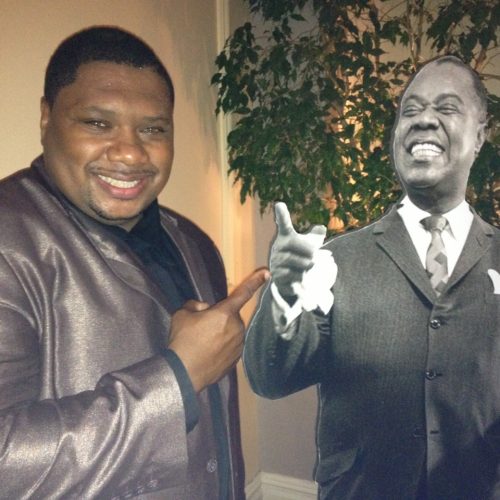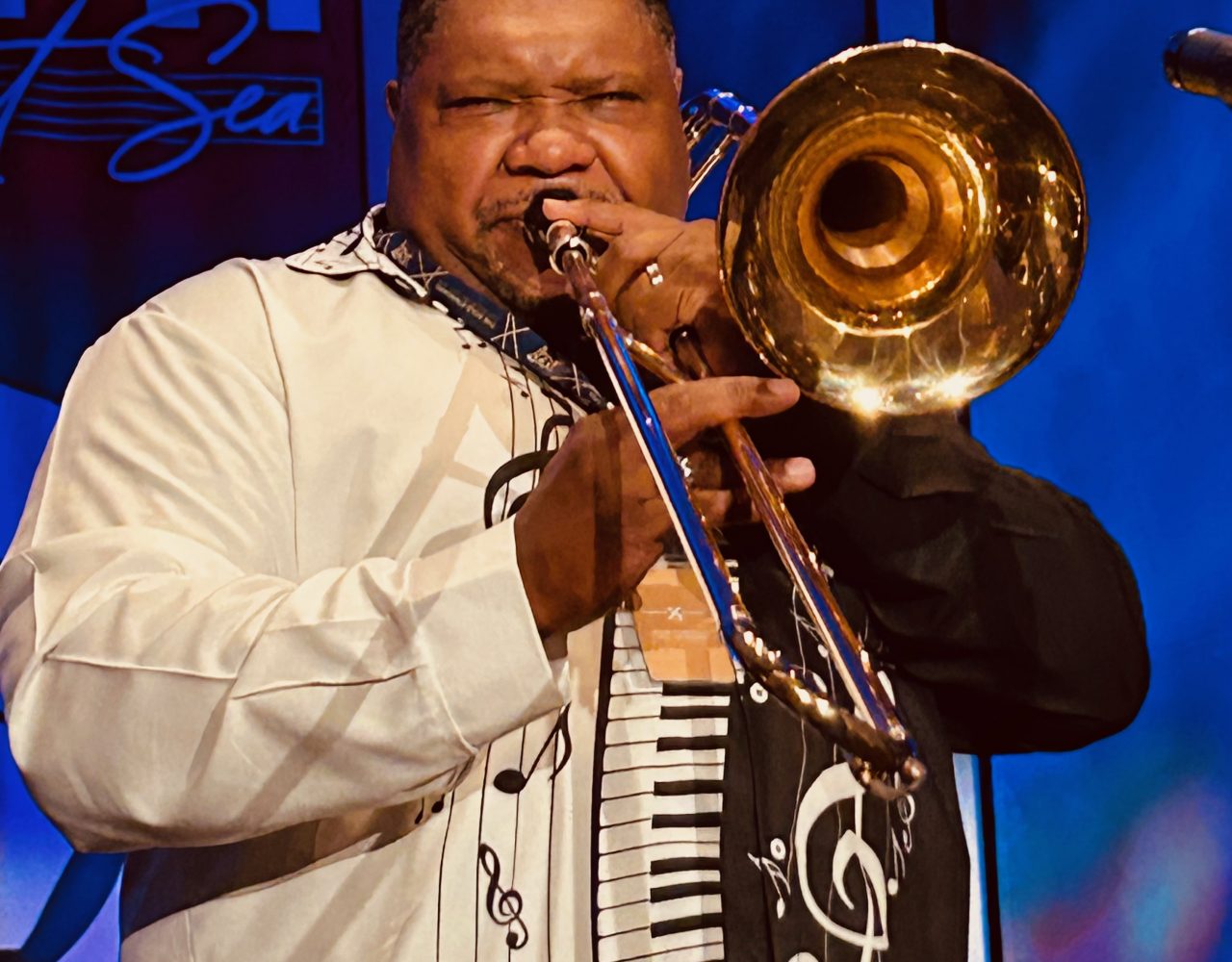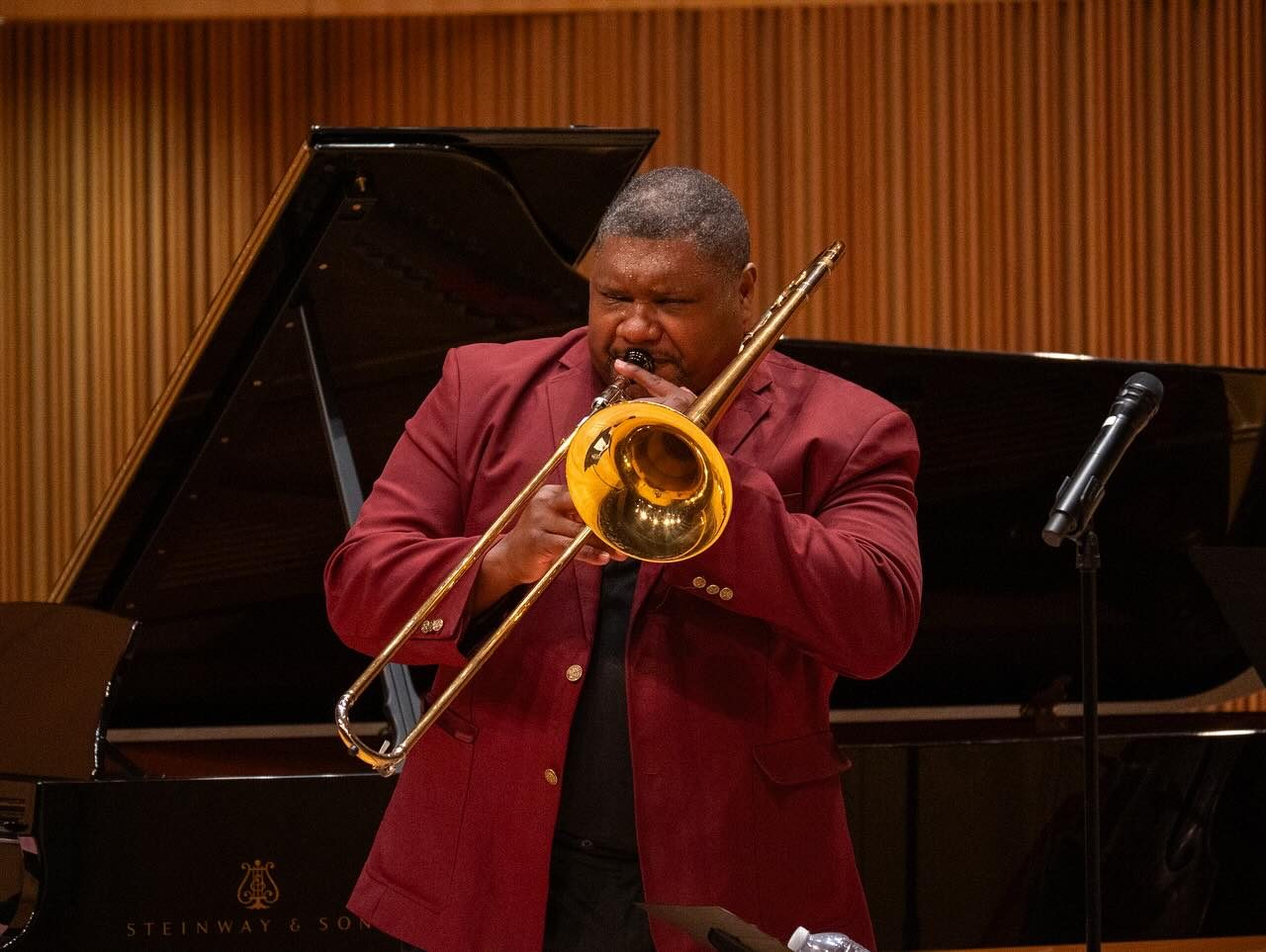Latest News
 “Things are really rough and bad out here” is something that I have heard from my parents for as long as I can remember. “You’re supposed to act this way in public. You’re not supposed to do things that way around here.” Statements like these are what I heard as warnings throughout my childhood because of my parents’ relationship to dealing with racism in the south of the United States. My mother would say to me and my siblings “Y’all have it easy. You get to catch a bus to school. We had to walk for miles to go to school, and only got one pair of shoes a year.” We of course thought it was somewhat funny and well, “she’s just trying to make us feel bad for missing the bus.” Those chuckles bring us to today, because what our parents were trying to prepare us for are the things that we could not see as important and how they would affect us later in life. After all, we were the children they had to protect, but now we have our own children to look out for. But from a very different viewpoint now. Will Things Change THIS Time?
“Things are really rough and bad out here” is something that I have heard from my parents for as long as I can remember. “You’re supposed to act this way in public. You’re not supposed to do things that way around here.” Statements like these are what I heard as warnings throughout my childhood because of my parents’ relationship to dealing with racism in the south of the United States. My mother would say to me and my siblings “Y’all have it easy. You get to catch a bus to school. We had to walk for miles to go to school, and only got one pair of shoes a year.” We of course thought it was somewhat funny and well, “she’s just trying to make us feel bad for missing the bus.” Those chuckles bring us to today, because what our parents were trying to prepare us for are the things that we could not see as important and how they would affect us later in life. After all, we were the children they had to protect, but now we have our own children to look out for. But from a very different viewpoint now. Will Things Change THIS Time?
Within Our Gates (Oscar Micheaux, 1920) tells a wonderful story of love and tragedy throughout racist times in our great United States. Louis Armstrong spoke out about and against racism in the US in the mid to late 50’s and was ostracized quite a bit for simply stating the truth. He was considered unpatriotic by many, including his fellow African Americans for whom he was trying to help to get a fair shake at things. We are now in the year 2020 but the racist narrative somehow remains the same. We have figured out how to advance technology and benefit from it, but how we treat fellow human beings has somehow remained the same. “Why do you hate me?” Pops asked (someone once in Texas who was trying to start trouble). Trying to answer that question only defused the man, who was initially on a rant to hurt Pops, but then the man began to compliment Pops for being a good human being and a great musician. Will Things Change THIS Time?
As a trombonist I want to share an article written by my friend and master bass trombonist Doug Yeo that exposes some of the racist practices associated with a well known composer of works for our instrument. I’ve performed the piece Lassus Trombone by Henry Fillmore several times over the years as it was literature widely accepted, taught, and played in the schools of trombone all over the US and abroad. I must admit that while I was aware of many racist cartoons and caricatures used to brand and sell products, I was completely oblivious to the history associated with this piece and others in the “Trombone Family” created by Fillmore. My desire here is to share this (re) discovered bit of history brought to light by my brother Yeo, so we can do what I feel needs to be done to address all racists and racism issues. Let us all sit and talk about it. I already know there will be mixed feelings and reviews about history and the importance of preserving it. I have already had some of those conversations, but there needs to be a continuum so that all voices are heard and considered. Perhaps everyone should look at the images prior to speaking. Please read the article and take from it what you will. It is a piece of history and there is nothing that we can do to change what has happened in the past. Can we finally put racism in the past and leave it there? It has yet to happen.
Thanks to Doug Yeo for sharing this article about these works and for sharing a little bit of himself with us. Much love to you for that.
Trombone players: It’s time to bury Henry Fillmore’s “Lassus Trombone.”
Wycliffe Gordon
AFTER RECEIVING ALMOST 65K VIEWS AND RESPONSES TO THIS ARTICLE, DOUG YEO HAS WRITTEN A FOLLOW-UP TO HELP FURTHER EXPLAIN THE INFORMATION AND MUSIC OF HENRY FIILLMORE.




